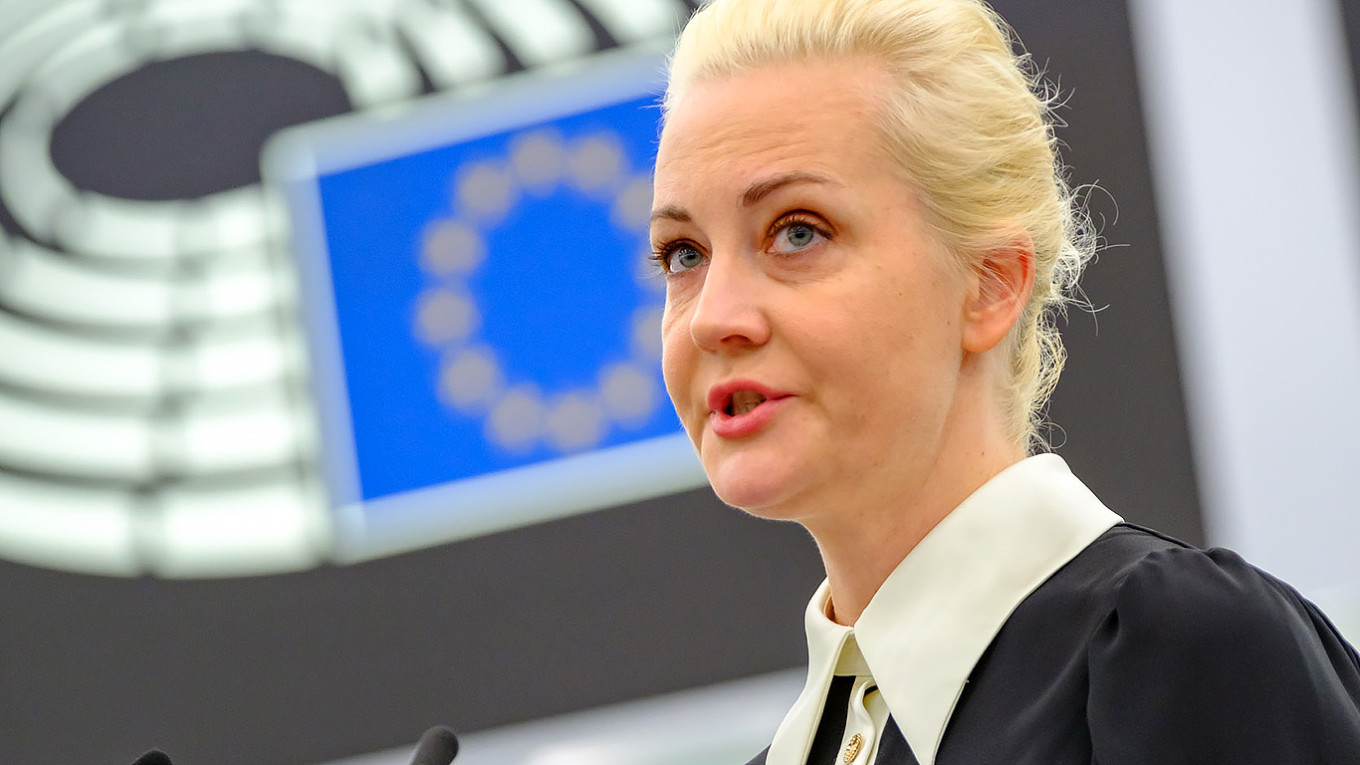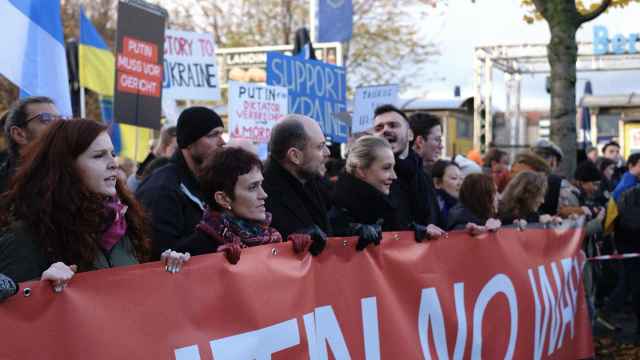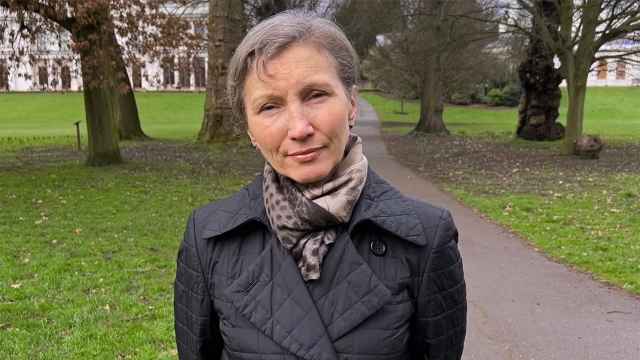A Moscow court has arrested exiled opposition figure Yulia Navalnaya, the widow of late Kremlin critic Alexei Navalny, in absentia on charges of “participating in an extremist organization.”
Navalnaya announced that she would continue Navalny’s work shortly after his death in an Arctic prison in February.
Russian authorities designated Navalny’s activist network, including the disbanded Anti-Corruption Foundation (FBK), as “extremist” in 2021, placing employees, volunteers and supporters at risk of criminal prosecution.
“Yulia Borisovna [Navalnaya] has evaded the preliminary investigation authorities and has therefore been placed on the wanted list,” Moscow's Basmanny District Court said on its Telegram channel.
If she returns to Russia, Navalnaya, who currently lives outside Russia, faces up to six years in prison.
In response to the arrest warrant, Navalnaya wrote: “When you write about this, please don't forget to write the main thing: Vladimir Putin is a murderer and a war criminal. He belongs in prison, not in a comfortable cell in The Hague with a television, but in Russia — in the same type of colony and the same 2- by 3-meter cell in which he killed Alexei.”
Navalnaya has long been seen as a devoted wife and mother, supporting Navalny and appearing with the politician at rallies but staying out of politics herself.
Three days after Navalny’s death, she vowed to carry on her husband’s work, saying that she “has no right to give up” after “Vladimir Putin killed my husband Alexei Navalny.”
In March, she helped rally thousands of Russians inside and outside the country to an election-day protest against Putin's re-election.
Navalnaya's spokeswoman Kira Yarmysh called the court's ruling on Tuesday a "quick recognition of merit."
A Message from The Moscow Times:
Dear readers,
We are facing unprecedented challenges. Russia's Prosecutor General's Office has designated The Moscow Times as an "undesirable" organization, criminalizing our work and putting our staff at risk of prosecution. This follows our earlier unjust labeling as a "foreign agent."
These actions are direct attempts to silence independent journalism in Russia. The authorities claim our work "discredits the decisions of the Russian leadership." We see things differently: we strive to provide accurate, unbiased reporting on Russia.
We, the journalists of The Moscow Times, refuse to be silenced. But to continue our work, we need your help.
Your support, no matter how small, makes a world of difference. If you can, please support us monthly starting from just $2. It's quick to set up, and every contribution makes a significant impact.
By supporting The Moscow Times, you're defending open, independent journalism in the face of repression. Thank you for standing with us.
Remind me later.






